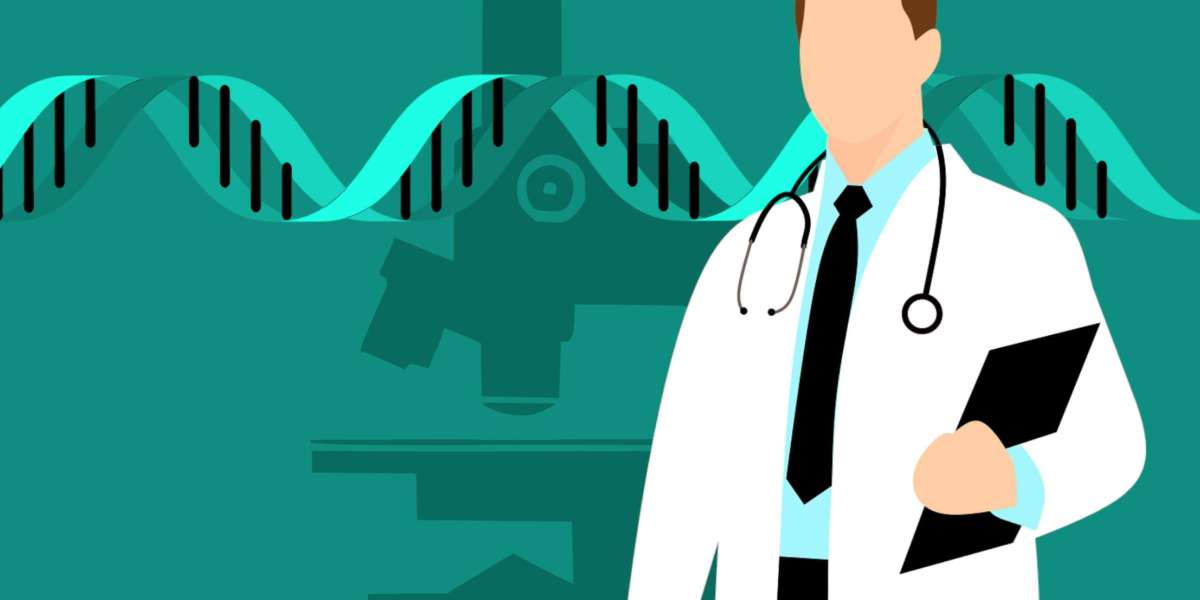The Landscape of Mental Health in Nashville: What the Data Says (2024 Updates)
Statistics paint a clear picture of the ongoing needs in Davidson County:
Elevated Distress: Davidson County residents continue to report more "poor mental health days" than the state or national average – an average of 5.3 days per month. This indicates a pervasive presence of mental health struggles across our community.
Prevalence of Depression: Roughly one-in-five adults (22.1%) in Davidson County have been diagnosed with a depressive disorder, highlighting the widespread impact of this condition mental health nashville tn.
Youth Mental Health Concerns: The challenges facing our youth are particularly pressing. The percentage of high school students in Tennessee reporting feeling sad and hopeless has unfortunately risen in recent years. Furthermore, the 2024 Tennessee Child Health Poll revealed that nearly 1 in 3 Tennessee children had a mental health diagnosis, with only 55% of those receiving treatment. This gap in care for our younger population is a major concern.
Persistent Substance Use Challenges: While the latest available data (Q4 2024) shows a hopeful 26% drop in fatal drug overdoses in Davidson County compared to the same period in 2023, and a 23% drop in overdose-related ED visits, the annual number of fatal drug overdoses had increased each year from 2016 through 2023. Fentanyl remains a primary contributor, detected in approximately 70% of overdose deaths in 2024, often alongside cocaine and methamphetamine, pointing to a continuing polysubstance epidemic.
Workforce Shortages: A critical barrier to care remains the significant shortage of mental health professionals across Tennessee. Nearly all of the state is classified as a mental health professional shortage area, with only a fraction of the need being met. This directly impacts the availability of timely appointments and specialized care in Nashville.
Stigma as a Barrier: Despite increasing awareness, the stigma surrounding mental illness and substance use disorders persists. Fear of judgment, discrimination in employment or housing, and even self-stigma can prevent individuals from openly discussing their struggles or seeking the essential help they need. Studies indicate that even healthcare providers can hold unconscious biases, affecting the quality of care.
A City Responding: Resources and Initiatives in Music City (2024-2025 Focus)
Despite these hurdles, Nashville is not standing still. A vibrant network of dedicated organizations, healthcare systems, and community initiatives are working tirelessly to improve mental health outcomes for all Nashvillians.
Here are some of the vital resources and ongoing efforts:
Major Healthcare Providers:
Vanderbilt Behavioral Health: Continues to be a leading provider, offering comprehensive inpatient and outpatient services for all ages, including specialized programs and 24/7 crisis assessment.
TriStar Health Ascension Saint Thomas: These major healthcare systems provide vital behavioral health programs, emphasizing personalized therapies in supportive environments.
Nashville General Hospital: Plays a crucial role in providing essential health services to the community, including behavioral health care.
Public and Community Services:
The Metro Public Health Department: A crucial resource, offering free mental health counseling, screenings, and referrals, particularly for those with limited financial means. Contact them at 615-340-2172.
Centerstone: A large, well-known provider offering a broad spectrum of mental health and substance use disorder services with a focus on individualized care across multiple Nashville locations.
The Tennessee Behavioral Health Safety Net: Continues to provide essential outpatient mental health services to uninsured adults and children (ages 3+) who meet program eligibility criteria.
Mental Health Cooperative: Offers crucial emergency psychiatric services and intake services for ongoing care, with several Nashville locations, including a 24-hour Crisis Walk-in Center at 250 Cumberland Bend.
Park Center: Offers comprehensive mental health and housing services, including psychosocial rehabilitation, employment support, and assistance with affordable housing, serving a significant number of individuals annually.
Crisis Support - Always Available:
The 988 Suicide Crisis Lifeline: Is fully operational 24/7 for immediate support. Call or text 988. Tennessee now has eight 988 providers, ensuring round-the-clock coverage for all 95 counties.
The TN Dept of Mental Health 24 Hr Crisis Line (855-274-7471) and the local Mobile Crisis Line (615-726-0125) offer direct assistance during mental health emergencies.
The Tennessee REDLINE (call or text 800-889-9789) provides 24/7 information and referrals for alcohol, drug, and problem gambling issues.
Addressing Workforce Shortages:
The Tennessee Behavioral Health Pathways Scholarship: This significant initiative continues to award tuition stipends to graduate students pursuing behavioral health degrees, aiming to bolster the state's workforce. Over $1.7 million has been awarded to 130 graduate students as of March 2025, with more funding approved.
The Governor's proposed 2025 budget includes an $11 million investment for additional behavioral health liaisons in Tennessee schools, directly addressing youth mental health needs.
Stigma Reduction and Community Outreach:
The Tennessee Titans' "Victory Over Stigma" program, in partnership with the Cheatcode Foundation, is actively working to reduce stigma and provide free mental health care in specific Nashville neighborhoods.
NAMI Tennessee (National Alliance on Mental Illness) NAMI Davidson Co. are cornerstones for support, offering peer-led groups, education, and advocacy to combat stigma and provide vital community support.
The Tennessee Department of Mental Health and Substance Abuse Services (TDMHSAS) continues its "Erase the Stigma" efforts, providing resources and promoting person-first language.
Accessibility and Innovation:
Lipscomb Family Therapy Center and Open Path Collective continue to offer lower-cost and affordable therapy options, making mental health care more accessible for many.
The Lipscomb Initiative for Behavioral Health Integration (LIBHI) is working to facilitate the integration of mental health services into primary care, particularly for vulnerable populations in Middle Tennessee.
The state is working to establish a Behavioral Health Crisis Intervention Services Board (expected early 2025) to oversee an integrated crisis care system, supported by a new surcharge on telecommunication services.
A Call to Action for a Mentally Healthier Nashville
While significant progress has been made, continuous effort is needed to ensure every Nashvillian has access to the mental health care they deserve. This involves:
Sustained Investment: Continued and increased funding for mental health services, especially for underserved populations and early intervention programs for youth.
Workforce Development: Aggressive strategies to attract, train, and retain mental health professionals across all disciplines.
Deepening Stigma Reduction: Expanding public awareness campaigns and fostering open, empathetic conversations in all sectors – from workplaces to schools and community groups.
Expanding Integrated Care: Promoting models where mental health services are seamlessly woven into primary care and other healthcare settings for holistic wellness.
Prioritizing Prevention: Investing in proactive measures, particularly for children and adolescents, to build resilience and address mental health concerns before they escalate.
Nashville's heart beats strong, and its commitment to caring for its own extends to the mental well-being of every resident. By fostering a culture of understanding, prioritizing access to quality care, and empowering individuals to seek help without fear, Music City can truly become a beacon of mental health and wellness for all.






